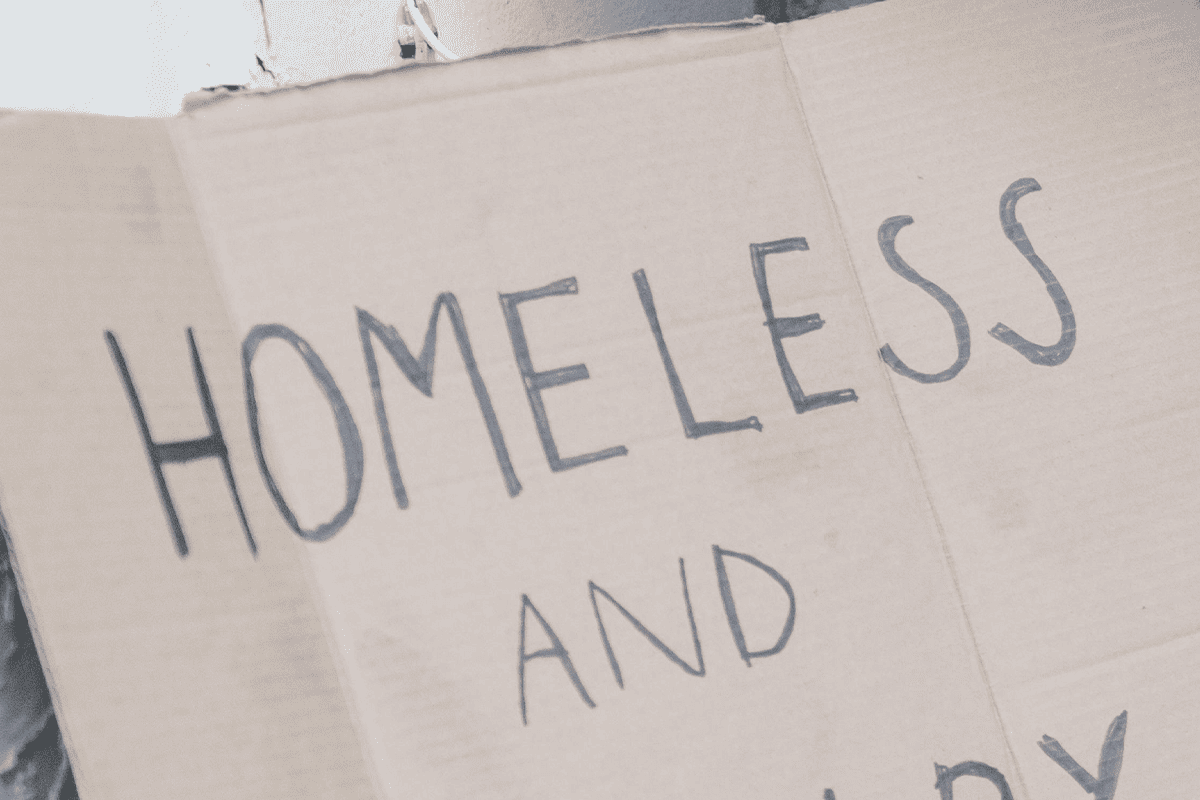U.S. Supreme Court sides in favor of laws that crack down on homeless campers

TALLAHASSEE, Fla. – The U.S. Supreme Court ruled in a decision on Friday to side with cities and states like Florida that have made an effort to combat overnight camping in public spaces like parks.
In the 6-3 decision, Supreme Court justices overturned a previous decision by a San Francisco-based appellate court’s ruling that said bans on public sleeping and encampments are a violation of the Cruel and Unusual Punishment Clause of the Eighth Amendment of the U.S. Constitution. Justice Neil Gorsuch provided the opinion of the court.
Gov. Ron DeSantis signed legislation in March cracking down on homeless encampments across the state. The new law, set to go into effect on Oct. 1, bars local governments from allowing public sleeping or camping on public property without a lawful permit.
“The Constitutions Eighth Amendment serves many important functions, but it does not authorize federal judges to wrest those rights and responsibilities from the American people and in their place dictate this nation’s homelessness policy,” Gorsuch wrote in the opinion.
He highlighted many different approaches that various cities and communities across the United States use when combatting homelessness. He included references to how most local governments seek solutions to offer shelter and resources to unhoused people, but they tend to refuse.
“The city of Seattle, for example, reports that roughly 60 percent of its offers of shelter have been rejected in a recent year,” he explained. “Officials in Portland, Oregon, indicate that, between April 2022 and January 2024, over 70 percent of their approximately 3,500 offers of shelter beds to homeless individuals were declined.”
Gorsuch also addressed that the federal government has it’s own anti-encampment policies on federal land.
“The federal government also restricts ‘the storage of . . . sleeping bags,’ as well as other ‘sleeping activities,’ on park lands,” the justice wrote. “And it, too, has exercised that authority to clear certain ‘dangerous’ encampments.”
Justice Clarence Thomas also wrote a concurring opinion in agreement with Gorsuch’s writing. He emphasized the danger of expanding the Cruel and Unusual Punishment Clause to include instances not related directly to its purpose.
DeSantis highlighted during the bill signing that it’s important to maintain a good quality of life for residents in the state.
“Doing the San Francisco and New York model is not the way to get the job done,” he said.
The legislation allows local jurisdictions to set certain public properties or venues to be used for public camping or sleeping for up to one year.
The governor emphasized that the designated camps must maintaining sanitation, running water and ensure access to behavioral health services to combat substance abuse and mental health issues.
Florida’s legislation was brought by Sen. Jonathan Martin, R-Fort Myers, and Rep. Sam Garrison, R-Fleming Island.




